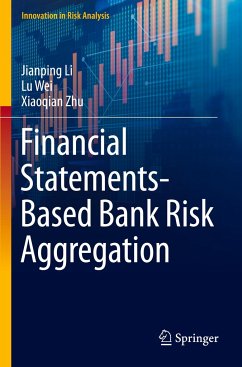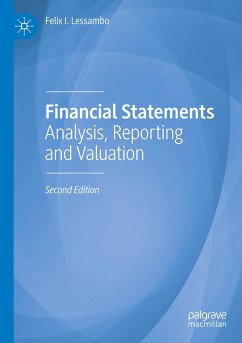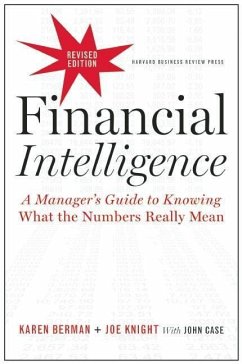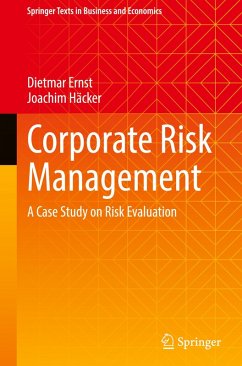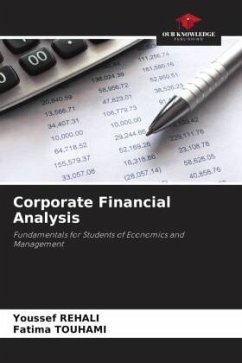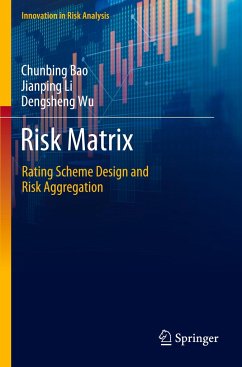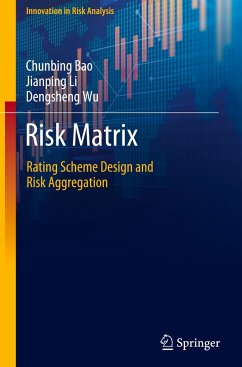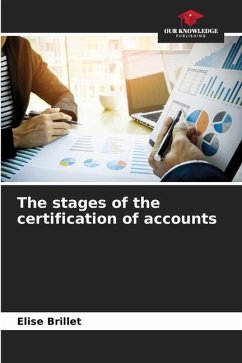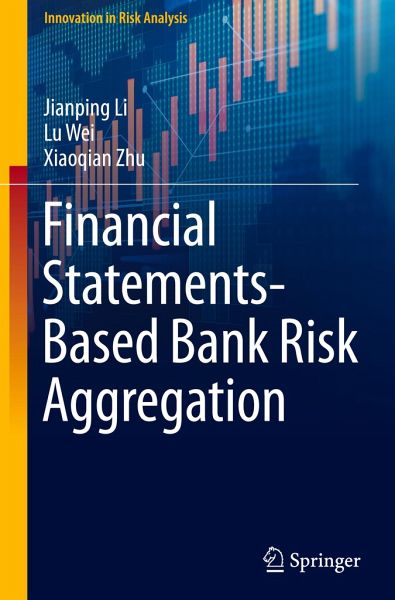
Financial Statements-Based Bank Risk Aggregation
Versandkostenfrei!
Versandfertig in 6-10 Tagen
113,99 €
inkl. MwSt.
Weitere Ausgaben:

PAYBACK Punkte
57 °P sammeln!
This book proposes a bank risk aggregation framework based on financial statements. Specifically, bank risk aggregation is of great importance to maintain stable operation of banking industry and prevent financial crisis. A major obstacle to bank risk management is the problem of data shortage, which makes many quantitative risk aggregation approaches typically fail. Recently, to overcome the problem of inaccurate total risk results caused by the shortage of risk data, some researchers have proposed a series of financial statements-based bank risk aggregation approaches. However, the existing ...
This book proposes a bank risk aggregation framework based on financial statements. Specifically, bank risk aggregation is of great importance to maintain stable operation of banking industry and prevent financial crisis. A major obstacle to bank risk management is the problem of data shortage, which makes many quantitative risk aggregation approaches typically fail. Recently, to overcome the problem of inaccurate total risk results caused by the shortage of risk data, some researchers have proposed a series of financial statements-based bank risk aggregation approaches. However, the existing studies have drawbacks of low frequency and time lag of financial statements data and usually ignore off-balance sheet business risk in bank risk aggregation. Thus, by reviewing the research progress in bank risk aggregation based on financial statements and improving the drawbacks of existing methods, this book proposes a bank risk aggregation framework based on financial statements. It makes full use of information recorded in financial statements, including income statement, on- and off-balance sheet assets, and textual risk disclosures, which solves the problem of data shortage in bank risk aggregation to some extent and improves the reliability and rationality of bank risk aggregation results. This book not only improves the theoretical studies of bank risk aggregation, but also provides an important support for the capital allocation of the banking industry in practice. Thus, this book has theoretical and practical importance for bank managers and researchers of bank risk management.





